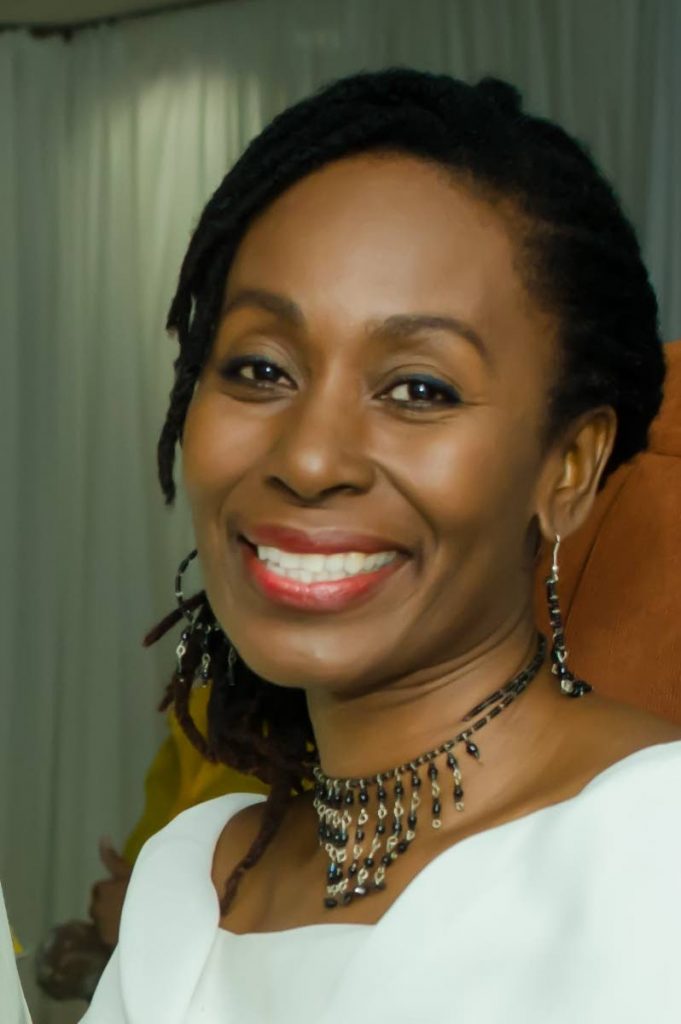An age-old remedy

Culture Matters
AT 94, George Lamming is still incredibly alert, moving from regional issues to pandemic politics and local gossip with typical dry wit and perceptiveness.
In June, there is an interesting confluence of Caribbean intellectual thought, innovation and resistance. This week, we celebrated Lamming’s birthday by drawing attention to how his writings charted a path for Caribbean identity. On Monday, painful memories of the 1980 assassination of Black Power activist Walter Rodney will surface. As we approach Labour Day on the 19th, an international conference will explore the contributions of George Weekes to the labour movement. And at the end of the month we celebrate the birth of Kwame Ture who inspired generations with his popularising of the term Black Power and militant advocacy for black lives.
I smiled at the thought of what a conversation between these great minds would sound like. What if Claudia Jones, Sam Selvon or Clive Bradley push in their mouths? Apart from the obvious fireworks, imagine the rich learning from people who not only witnessed but pioneered major transformations across centuries and continents.
In my world, the connection between generations was customary. Children were allowed to observe the often loud debates on philosophy or politics, fuelled by music, food and, well, colourful explorations of the English language. For me, age became linked with wisdom and an opportunity to clarify my own ideology.
Sadly, our society has much to learn – or perhaps remember – about connecting with older people. This year has seen too many stories of older people being robbed or abused in some way. Dance pioneer Torrance Mohammed was almost certainly a victim of our reduced lack of respect for the elderly.
The reality is that globally, populations are ageing and the pandemic is forcing governments to accelerate solutions to deal with this phenomenon. By 2050, it is anticipated that the number of older people will double to about 1.5 billion. There is even a definition for an ageing society, “when ten per cent or more of its population is over the age of 60 years.”
However, the ageing of societies is not recent. In 1982, the United Nations hosted the first World Assembly on Ageing. At that time the gathering articulated the need to pay attention to matters such as “health and nutrition, protecting elderly consumers, housing and environment, social welfare, income security and employment.” Almost 40 years later, a global disease has added loneliness to the concerns that already needed urgent attention. Isolation, deprivation of human contact and restriction of movement have further complicated an issue that already had the potential to be a source of socio-economic disruption.
“Ah want some water/Gih meh some water/And when you done with the water/It too much fuh yuh bladder/You got to run for the posy/Old age have no remedy.” As calypsonian Shadow points out, older people often depend on others for their safety and care. Further, as the body ages, so does the mind. Dates, numbers, significant events, names, they blur with time. Interestingly, I have watched many creative people use this to their advantage. Painters become more focused on their canvases, dancers teach the movements they have floating in their heads to younger practitioners, writers live increasingly through their words.
The Caribbean is one of the regions where the increase in older people will be fastest. In TT, it is projected that people over the age of 60 will represent more than one-quarter of our population in years to come. Although artists may be the group best equipped to treat with ageing, the process impacts them differently. Even before covid19, financial stability for cultural practitioners was difficult. Vaccination programmes will certainly assist with the reopening of performance and entertainment spaces, but how will older creatives manage in an increasingly digital environment?
Undoubtedly, like Uncle George, many of them will not even bother to engage. When asked about viewing his tribute online, he simply said he would wait to read about it in print form. But other options must be available. As we reimagine our society, careful thought must be put into supporting the many calypsonians, theatre practitioners, masqueraders and performers with limited choices. The solution must be a joint effort by government, private sector and members of the creative industries with the financial means.
So, just this once I will disagree with the Mighty Shadow. Considering the value of the creative sector to helping others through trauma, attention must be paid to the care and survival of the artistic community. For ageing artists, that is the remedy.
Dara E Healy is a performance artist and founder of the Indigenous Creative Arts Network – ICAN


Comments
"An age-old remedy"